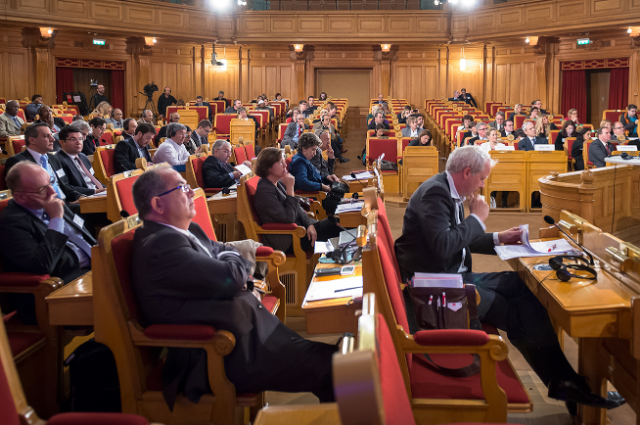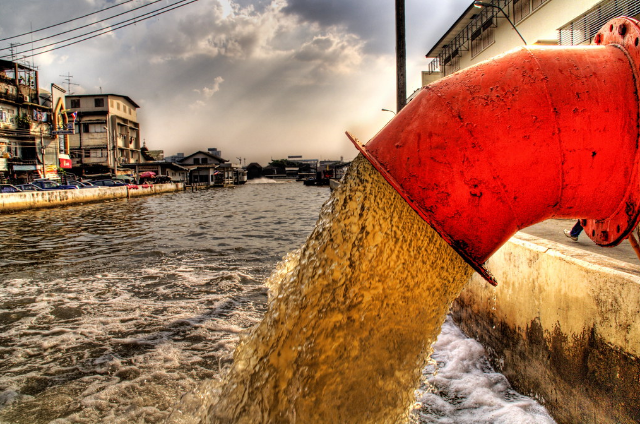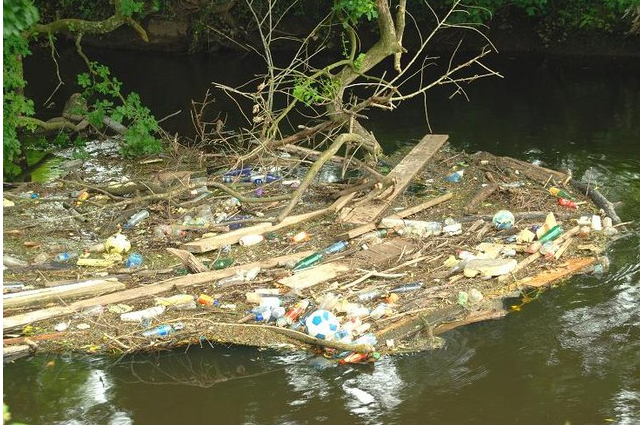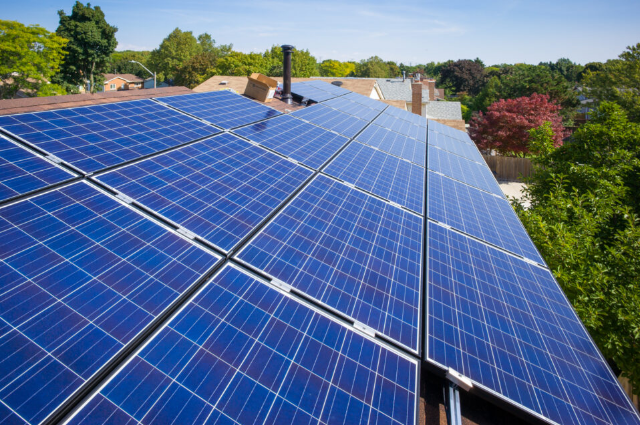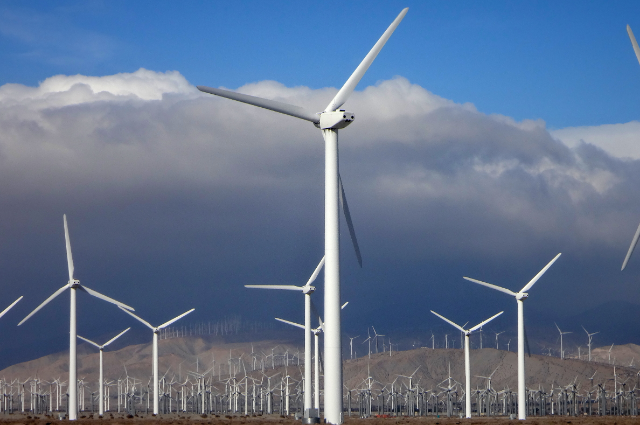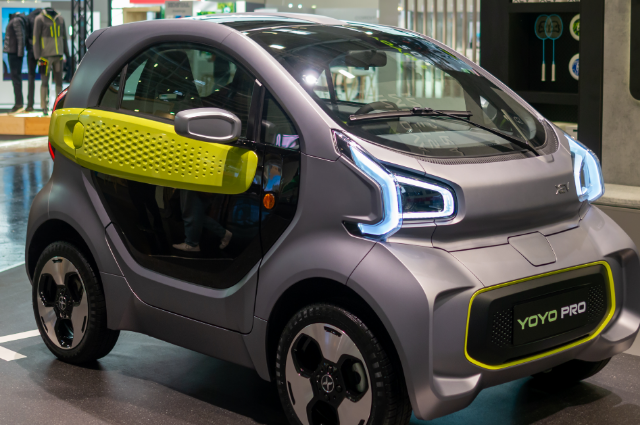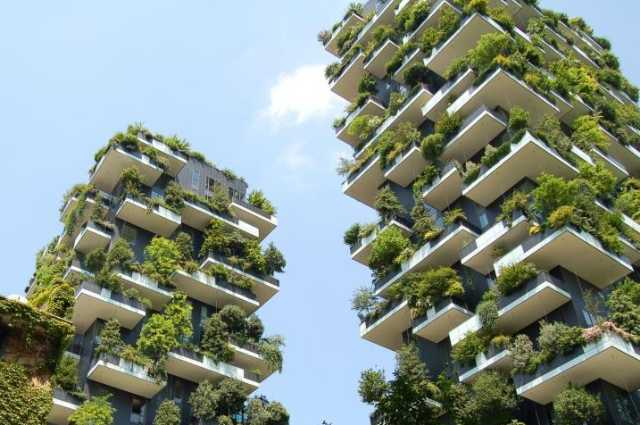
In 1972, around 155 countries gathered together in a conference to realize the responsibilities they collectively owed to the environment. This conference was popularly known as the Stockholm Conference where seven truths and twenty-six principles were adopted by all the participating member states. One of the core principles among the twenty-six principles was that economic growth and environmental sustainability must go hand in hand and principles adopted for environmental sustainability must not affect economic growth. To achieve a balance between development and environmental sustainability, the following measures are to be taken.
1. Regulations and Policy Framework
Regulations regarding the steps every industry should take while disposing of their wastes should be formulated and a policy framework promoting environmental sustainability should be adopted. There should be a proper standard of procedures in place regarding how oil should be transported via ships to prevent oil spills. Detailed regulations should be there for industries enumerating how the industries should treat their sewage and other wastes before disposing them off to the water bodies. Regulations should also be there for the industries to purify the air of the dust particles before releasing them. Farmers should also be provided with regulations as to the manner and extent artificial pesticides should be used to reduce the infusion of artificial pesticides into the soil as far as possible.
Nowadays, owing to scientific and technological advancement, technology is used almost in every sector and this further contributes to pollution. Hence, there should also be regulations and guidelines as to the manner and extent such technology must be used to minimize pollution. Steps should also be taken to adopt the precautionary principle in a real sense to ensure that whenever there is any anticipated threat to the environment, necessary steps must be taken to mitigate the challenges even if science and technology have not developed in that area or even if there is no proper scientific evidence regarding the threat.
2. Establishing Deterrence
Regulations without any sanctions are nothing but a mere piece of paper. If we want these regulations to be implemented to the fullest, it is important to have sanctions in place. In the case of Vellore Citizens Welfare Forum v. Union of India, a large number of tanneries in Tamil Nadu were disposing of their chemical wastes and untreated sewage in the agricultural land, open lands, and even in the Paral River, which was the main source of water for the people residing in that area. This irresponsible conduct rendered around 35,000 hectares of agricultural land partly or completely unfit for cultivation. Even in the case of Delhi, the industries were disposing of their sewage without treating it, thereby contributing to the pollution.
In the case of MC Mehta v. Kamal Nath, the industries were disposing of their wastes in the river to such an extent that the course of the river changed due to the accumulation of the waste.
The interesting part of these cases is that all these industries were held liable to pay compensation to the victims and other affected families as per the polluter pays principle. The polluter pays principle should be implemented more strictly as when the industries realize that they have to pay compensation in case they do not comply with the regulations, they will definitely take necessary steps to ensure that the regulations are complied with.
3. Investment in green technology
Investment in green technology can be an extremely effective solution in ensuring economic growth without causing any harm to the environment. Some examples of green technology are:
Solar Panels can convert solar energy into electricity and become a source of clean and renewable sources of energy.
Wind turbines: Using wind energy to generate electricity, wind turbines can also be a source of renewable energy.
Hydroelectricity: The generation of electricity from flowing water is another source of renewable energy.
Electric vehicles: Fossil fuels are not just one of the greatest sources of contributors to air pollution. Hence, electric vehicles will not just go hand in hand with development but also reduce pollution.
Green Infrastructure: Construction requirements can be met using reusable and recycled materials that have a minimal impact on the environment.
CONCLUSION
As a developing nation, while it is extremely important to look into economic growth and development, the environment should not be compromised within the process. Our environment, particularly our natural resources is extremely important for us as many sectors that contribute to the nation’s GDP (Gross Domestic Product) like the agricultural sector, the mining sector and other relevant sectors are hugely dependent upon natural resources. Hence, a balance needs to be achieved between development and sustainability. Although the road is difficult having the right strategies in place we will definitely move towards this much desired balance.

